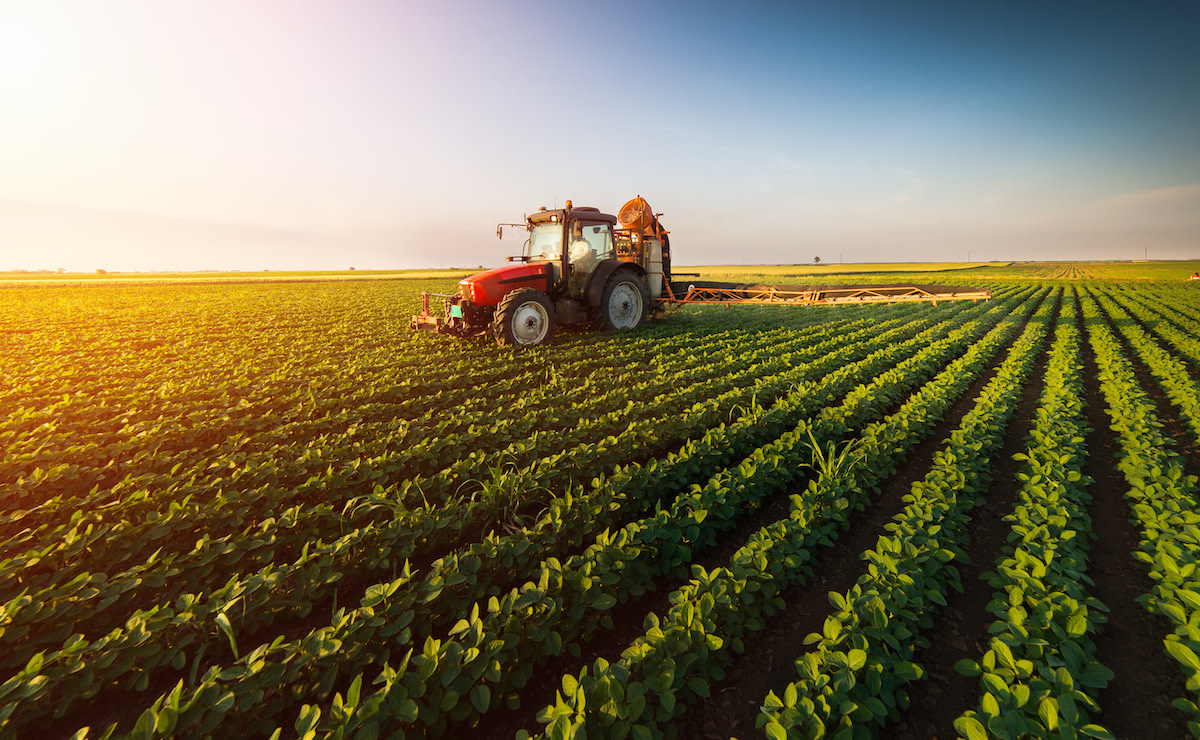Economics 101: What Are Factors of Production? Learn About Land, Labor, and Capitol and Their Impact on the Economy
Written by MasterClass
Last updated: Oct 12, 2022 • 4 min read
Every theory of economics has to explain, at a basic level, how stuff gets made. Different theories consider different forces essential to the production of goods and services and assign different levels of importance to these various factors. Together, these forces are called the factors of production.
Learn From the Best
What Are Factors of Production?
Factors of production are those forces required to manufacture and provide goods and services. Take a basic example: what do you require to grow an acre of corn? At a minimum, you’ll require land on which to grow the corn, tools to cultivate the land, and someone to do the work of raising the crop.
- These minimum requirements correspond pretty neatly to the classical factors of production: land, capital, and labor.
- You’ll also sometimes hear the factors described as the inputs which can be refined to produce the outputs of finished goods and services, which themselves constitute the supply of an economy.
The idea of factors of production is a relatively recent development, but the idea of value being distributed between the different forces that go into the production of goods and services can be traced to the classical economists Adam Smith and David Ricardo, who referred to land, capital, and labor as the “component parts of price.”
Land as a Factor of Production
The oldest known factor of production is land. Prior to the classical economists, a group of French economists known as the physiocrats argued that all value is ultimately derived from land and natural resources. When land is considered as a factor of production, economists may include the soil, water, climate, and any renewable or non-renewable commodities that can contribute to the production of goods or services.
For example, both the natural gas under the earth and the wind blowing above it may be considered factors in the production of energy, depending on the business and other factors available. In real estate, the location of the land itself may be the most important factor.
Labor as a Factor of Production
Put simply, labor is the human effort required to produce a good or service. Labor includes both physical and intellectual work of employees, and its value depends on the skills, training, and productivity of the workforce. While the owners of a business may own the other factors of production, they must pay for labor in the form of wages.
According to Marxist theories of economics, labor is the key factor of production and the basis for the labor theory of value.
Capital as a Factor of Production
The third factor of production in classical economics is capital. Capital, in this case, doesn’t describe money but rather the human-made goods and tools required to produce the product or service. (That’s why Marxist economic theories often refer to capital goods as the means of production.)
In manufacturing, capital goods include the machines which do the manufacturing, the forklifts that move goods throughout the warehouse and factory, as well as the factory itself (though not the land it sits on). For a farmer, the tractor that plows the field is a capital good, as is the truck that delivers the field’s produce to market.
- Note that capital goods are distinct from consumer goods in that capital goods are used in the manufacture of another good or service.
- Of course, some goods can be both (computers and cars, for example), depending on how they’re used.
- It’s also worth noting that depending on the industry and economic system, capital goods can be owned by management, by the workers, or by neither (if they’re rented from a third-party, for example). The debate and struggle over who controls capital goods is one of the fundamental economic and political questions in society.
Other Factors of Production: Entrepreneurship, Technology, Human Capital
While land, labor, and capital are the most commonly recognized factors of production, various economists have identified potential fourth factors (or even fifth factors).
- In addition to the three basic factors of production, entrepreneurship is sometimes considered a fourth factor for playing a “coordinating role” between the other factors. Entrepreneurship, in this case, is not just the individual who owns a business, but those who take risks to develop new processes and products. Some economists argue that more innovative entrepreneurs lead to greater overall levels of productivity and develop new industries.
- Many economists consider the overall state of technology in industry or society to be an important factor of production. In this sense, technology doesn’t just describe the capital goods that go into manufacturing, but the sum total of scientific knowledge that goes into the manufacture of goods and services. For instance, super-efficient modern supply chains or IT processes that increase efficiency may be viewed as a factor of production in some businesses or economies.
- Lastly, many economists make a distinction between labor and human capital. Where labor refers to the efforts of employees in the production process, human capital refers to the totality of less tangible qualities like knowledge, education, and social or cultural attributes that distinguish one source of labor from another. Economists who support the idea of human capital as a distinct factor of production tend to advocate that businesses invest in training and promoting workers to develop it further.
Learn more about economics and society in Paul Krugman's MasterClass.
